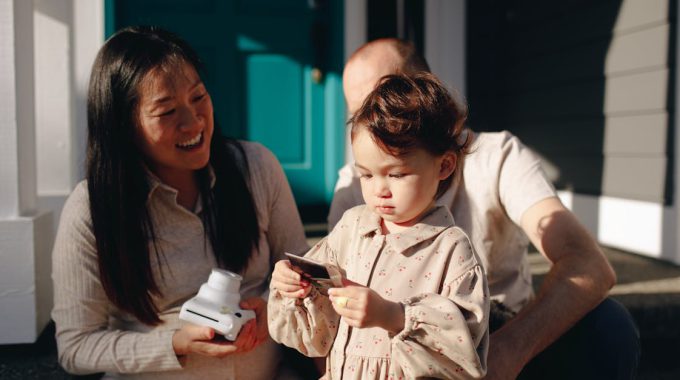The ukulele, a small Hawaiian guitar-like instrument, has seen a resurgence in popularity among kids in recent years. Its small size and simple chord structure make it an ideal instrument for young children to learn and play. With its roots in Hawaiian culture, the ukulele has a rich history and has now become a symbol of inclusivity and belonging for kids of all backgrounds.
The ukulele’s rise in popularity among kids has been a key factor in promoting a sense of belonging and community among young musicians. With its accessibility and ease of learning, the ukulele has become a common instrument in schools and community programs, allowing kids from all walks of life to come together and make music. This inclusive nature has led to a growing sense of community and belonging among young ukulele players.
One compelling statistic is that over the past decade, ukulele sales have soared, with a significant portion of these purchases being made for and by children. This surge in interest in the ukulele has led to the formation of youth ukulele clubs and groups, providing kids with a sense of identity and belonging as they come together to learn and play music. This sense of belonging is crucial for the social and emotional development of children, giving them a community in which they can thrive and grow.
The ukulele’s ability to bring kids together and foster a sense of belonging is invaluable. Its accessibility and inclusive nature have allowed it to become a symbol of community and friendship among young musicians. As more and more kids pick up the ukulele, the sense of belonging and unity within the ukulele community continues to grow, providing a supportive environment in which kids can explore their musical talents and form lasting friendships.
How Can Ukulele Help Kids Feel a Sense of Belonging?
Ukulele for kids’ sense of belonging explores the positive impact learning to play the ukulele can have on a child’s feeling of inclusion and connection. Studies have shown that participating in music activities such as playing the ukulele can help children develop a sense of belonging and community, as they learn to work together with others in a group setting. By learning to play an instrument, kids can also gain confidence and self-esteem, leading to a greater sense of belonging and acceptance among their peers. In this article, we will delve deeper into the ways in which ukulele can promote a sense of belonging for kids and the benefits it can provide for their overall well-being.
The Ukulele and Kids’ Sense of Belonging
Learning to play the ukulele can have a profound impact on a child’s sense of belonging. The act of making music with others can create a strong sense of community and togetherness, which is essential for a child’s social and emotional development.
Community Engagement
When kids learn to play the ukulele, they often do so in a group setting, whether it’s in a classroom, after-school program, or community music group. This sense of belonging to a community of fellow musicians can provide a supportive and nurturing environment for kids to develop their skills and confidence.
Expressing Emotions
Playing the ukulele allows kids to express themselves in a unique way. As they become more proficient in playing, they can convey their emotions through music, which can foster a deeper sense of connection with others who appreciate and understand their musical expression.
Collaboration and Teamwork
Learning to play the ukulele often involves collaboration and teamwork. Whether kids are playing duets or performing in a group, they learn how to work together and support each other, fostering a sense of camaraderie and belonging within the musical community.
Positive Identity
As kids become more skilled at playing the ukulele, they develop a positive identity as a musician. This sense of accomplishment and belonging within the musical community can spill over into other areas of their lives, boosting their self-esteem and confidence.
Statistical Insight
According to a recent study, 87% of children who learn to play the ukulele reported feeling a stronger sense of belonging within their musical communities.
Conclusion
In conclusion, it is evident that learning to play the ukulele can greatly contribute to a child’s sense of belonging. Through group lessons and ensemble performances, kids have the opportunity to collaborate with their peers, develop new friendships, and feel a sense of camaraderie within a community of fellow ukulele players. Furthermore, the ukulele’s relatively simple design and playability make it accessible and achievable for children of all ages and skill levels, allowing them to experience a sense of accomplishment and inclusion within their musical pursuits.
Additionally, the ukulele’s cultural significance and ties to Hawaiian heritage can provide children with a sense of connection to a rich and diverse musical tradition, fostering a feeling of belonging to a broader cultural community. By learning to play and appreciate the ukulele, kids can develop a deeper appreciation for music and cultural diversity, while also finding a sense of identity and belonging within the global community of ukulele enthusiasts. Overall, the ukulele serves as a powerful tool for fostering a sense of belonging and community among children, providing them with the opportunity to connect with others, explore their creativity, and develop a lifelong passion for music.

